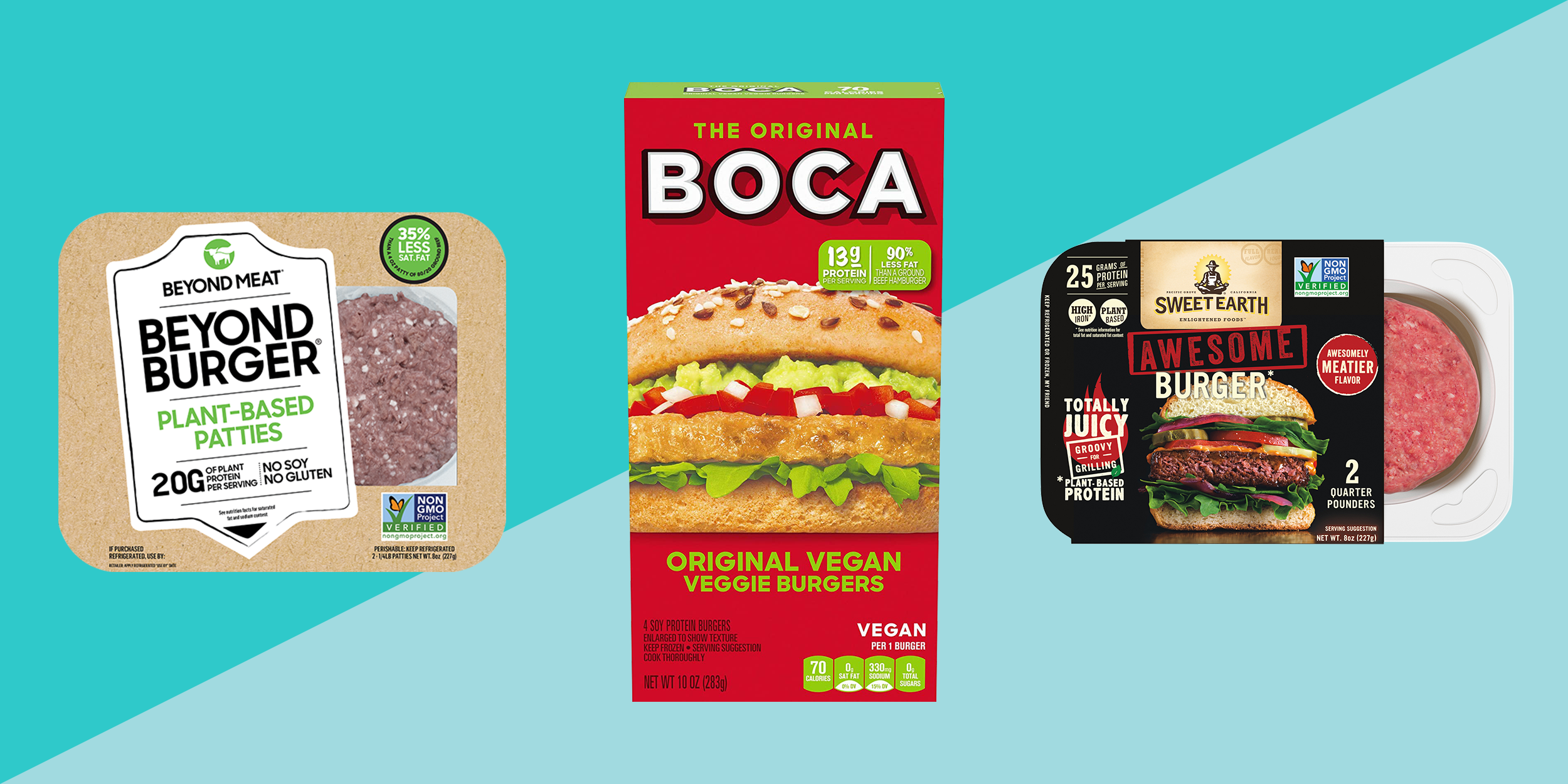- Joined
- Dec 13, 2017
- Messages
- 9,310
feds vs states i didnt know this. some tricky buggers out there
Confusingly, U.S. states can impose their own mandates. As such, regions that rely on the meat and dairy industries have been keen to ban plant-based manufacturers from using ‘meaty’ terminology to promote their goods. Texas provides a clear example of this in practice.
Holding the largest number of cattle in the entire US.., Texas is a meat and dairy-centric state. With this in mind, and as plant-based alternatives began to enjoy searing popularity, back in 2021 the House Bill 316 was given the green light by Texas lawmakers. The bill aimed to prevent meat-free manufacturers from using ‘beef’ and ‘meat’ on their packaging.
click for rest of article
https://plantbasedworldpulse.com/pl...here-consumers-and-companies-currently-stand/
Plant-Based Labeling in The United States
Currently, the U.S. has no federal regulation of plant-based food labeling. In short, this means that domestic products and imported goods alike can be labeled as they wish, with no limitations on terms traditionally attributed to the meat and dairy industries, but this only applies at a federal level.Confusingly, U.S. states can impose their own mandates. As such, regions that rely on the meat and dairy industries have been keen to ban plant-based manufacturers from using ‘meaty’ terminology to promote their goods. Texas provides a clear example of this in practice.
Holding the largest number of cattle in the entire US.., Texas is a meat and dairy-centric state. With this in mind, and as plant-based alternatives began to enjoy searing popularity, back in 2021 the House Bill 316 was given the green light by Texas lawmakers. The bill aimed to prevent meat-free manufacturers from using ‘beef’ and ‘meat’ on their packaging.
click for rest of article
https://plantbasedworldpulse.com/pl...here-consumers-and-companies-currently-stand/



















































